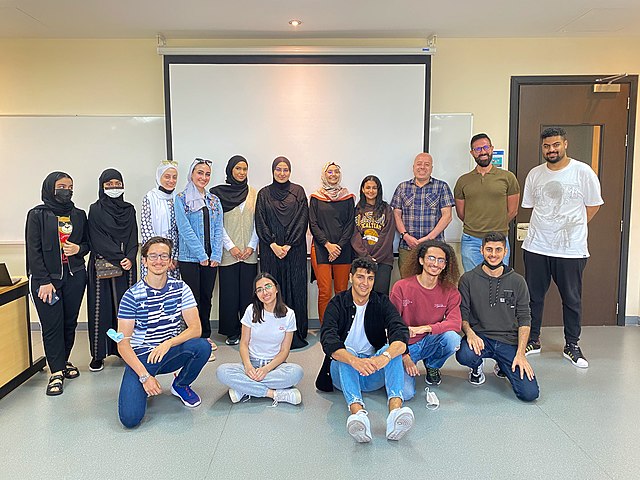In the fast-paced world we live in, stress and mental health issues have become increasingly prevalent. This is particularly true for individuals battling addiction, where mental wellness is integral to the recovery process. In recent years, the incorporation of mindfulness and meditation techniques in rehabilitation programs has gained significant traction, proving to be an invaluable asset in fostering mental well-being.
The Power of Mindfulness in Rehabilitation
Mindfulness, derived from ancient meditation practices, involves being present in the moment and fully engaging with one’s thoughts and emotions. In the context of addiction recovery, mindfulness serves as a powerful tool to help individuals manage cravings, reduce anxiety, and enhance overall self-awareness.
Breaking the Cycle of Addiction
One of the fundamental challenges in rehab is breaking the cycle of addiction. Mindfulness provides a unique approach by encouraging individuals to observe their thoughts and cravings without judgment. This non-judgmental awareness creates a mental space, empowering individuals to make conscious choices rather than succumbing to impulsive behaviors.
Meditation as a Healing Practice
In tandem with mindfulness, meditation plays a pivotal role in rehabilitating the mind. Incorporating meditation techniques in rehab centers allows individuals to cultivate a sense of inner peace and resilience.
Stress Reduction and Emotional Regulation
Addiction often stems from an attempt to cope with stress and emotional pain. Meditation provides a sanctuary for individuals to confront and manage these underlying issues. By practicing meditation regularly, individuals develop the skills to regulate their emotions and respond to stressors in healthier ways.

Implementing Mindfulness and Meditation in Rehab Programs
The integration of mindfulness and meditation into traditional rehab programs requires a holistic approach. Here are some key strategies:
1. Specialized Mindfulness Sessions
Engage certified mindfulness instructors to conduct specialized sessions within the rehab program. These sessions can include guided mindfulness practices, breathing exercises, and cognitive techniques tailored to the unique challenges faced by individuals in recovery.
2. Mindfulness-Based Cognitive Therapy (MBCT)
Incorporate Mindfulness-Based Cognitive Therapy into counseling sessions. MBCT combines traditional cognitive-behavioral therapy with mindfulness strategies, offering a comprehensive approach to preventing relapse and promoting sustained recovery.
The Road to Sustainable Recovery
The adoption of mindfulness and meditation techniques in rehab not only addresses the immediate challenges of addiction but also lays the foundation for long-term mental well-being. By equipping individuals with the tools to navigate their inner landscape, rehab programs enhance the likelihood of sustained recovery and a healthier, more fulfilling life. If you want more information about navigating rehab recovery please check out their page to learn more.
In conclusion, the integration of mindfulness and meditation in rehabilitation represents a progressive shift towards a more holistic and effective approach to mental wellness. As we acknowledge the inseparable connection between the mind and recovery, these techniques emerge as essential components in the comprehensive treatment of addiction.





